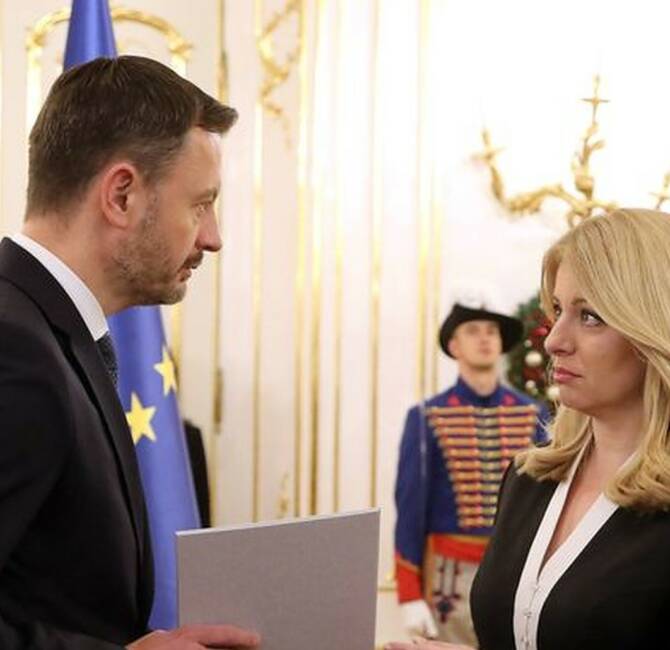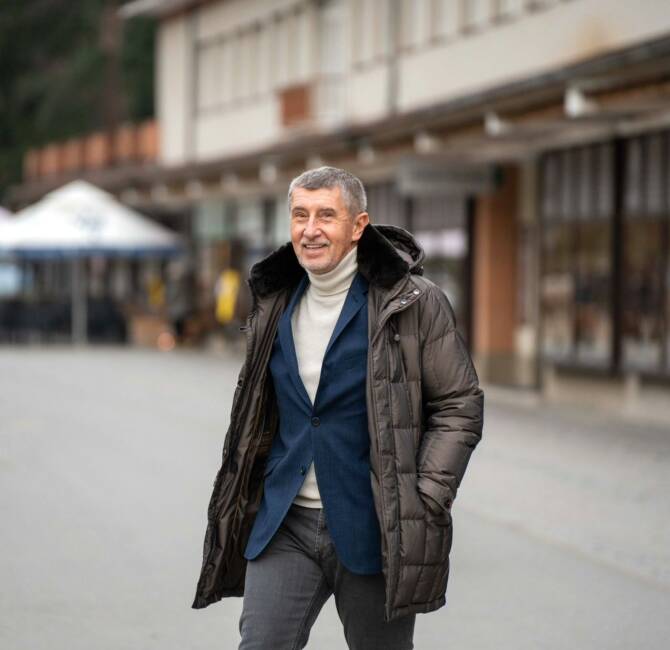Slovenia/European Union – The traditional annual Bled Strategic Forum, held in the Bled tourist resort in the Slovenian Alps, took place from 31 August to 2 September. It is a conference whose aim is to debate the future of Europe. This year, it was an opportunity for European leaders to set out their often diverging visions of the Europe of tomorrow, particularly with regard to immigration and enlargement of the EU.
Europe’s future inconceivable without Western Balkans
This was pointed out by the President of the European Council, Charles Michel, in his speech at the opening session: “This forum is a major event for the European debate. Thank you Prime Minister, and the Slovenian Presidency, for giving it added weight this year, a few months after the launch of the Conference on the Future of Europe, a European future which is inconceivable without the Western Balkans, with whom we will be holding a summit in one month’s time. […]
Talking about the future of Europe can mean talking about what the EU should be in the not-too-distant future, its composition and its relationship with the entire European geographic area. It can mean talking about how it is organised and how it works.
[…] The European future I wish to discuss is our project of values and freedoms, our project of prosperity, and our project of influence […]”
For a return to the roots of the European idea
For his part, Slovenian Prime Minister Janez Janša addressed the substantive issues in his opening speech, stating that
“The European Union must return to its roots, to the principles laid down by its founding fathers, because only in this way can it guarantee its unity and at the same time preserve its diversity.”
For a different approach to immigration
The fear of seeing a new wave of uncontrolled immigration pouring into Europe following the fall of Kabul to the Taliban naturally made the issue of migrants one of the major topics discussed by participating political leaders. Some would be ready to repeat the mistakes of Angela Merkel’s “Wir schaffen das” (We can do it) policy, which at the time encouraged hundreds of thousands of migrants to come to Germany and Europe, notwithstanding all the consequences from which Europe is still suffering severely today and probably for a long time to come. For example, the President of the European Parliament, David Sassoli, said of the looming migration crisis:
“We were part of the overall project and activities in Afghanistan. And now we have to find a common European voice and send a common message. Europe must take its responsibilities and it must be heard.”
Learn from past mistakes
Many heads of government, however, were keen to defend a diametrically opposite view. Greek Prime Minister Kyriakos Mitsotakis replied to Mr Sassoli: “We have to learn from our mistakes. And what happened in 2015 was a mistake. […] we need to support migrants closer to home.” For Hungarian Prime Minister Viktor Orbán, “the only way for the migration dispute not to tear the EU apart is to abandon the idea of quotas and the like and return the decision to individual member countries […]
I was the first to speak out against the concept presented by Martin Schulz in 2015, saying that this approach could destroy Europe’s cultural identity and that it could be a threat to our values. I share the same view now, when we talk about Afghanistan.”
Slovenian Prime Minister Janez Janša recalled that “even our aid to refugees does not reach where it should, because [due to lack of military resources] we cannot create a safe environment for it […]
To be effective from a soft power point of view, the European Union also needs hard power, otherwise we just spend money and talk to each other.”
These positions are widely shared by other Central European leaders, such as Croatian Prime Minister Andrej Plenković (“The ’Wir schaffen das’ is over!”), Czech Prime Minister Andrej Babiš (who fully agrees with “Viktor”), and Slovak Prime Minister Eduard Heger.
Serbia to join the EU?
On the issue of EU enlargement, Central European leaders were once again unanimous in their desire to see Serbia become a member of the EU in the near future. Serbia’s president Alexander Vučić was present in Bled. Viktor Orbán regards that country as a “key state”, stating in particular:
“The European Union needs Serbia’s membership more than Serbia needs it.”
For his part, Czech Prime Minister Andrej Babiš expressed his wish to extend the Schengen area to the Western Balkans: “Why don’t we talk about Schengen? The enlargement of Schengen is much easier than the enlargement of the EU […]
For the sake of Europe’s security, we should also include the countries of the Western Balkans in the Schengen area if they meet the necessary conditions. The first to join should be Serbia, because it is on the path of illegal migration and is actively fighting it.”




